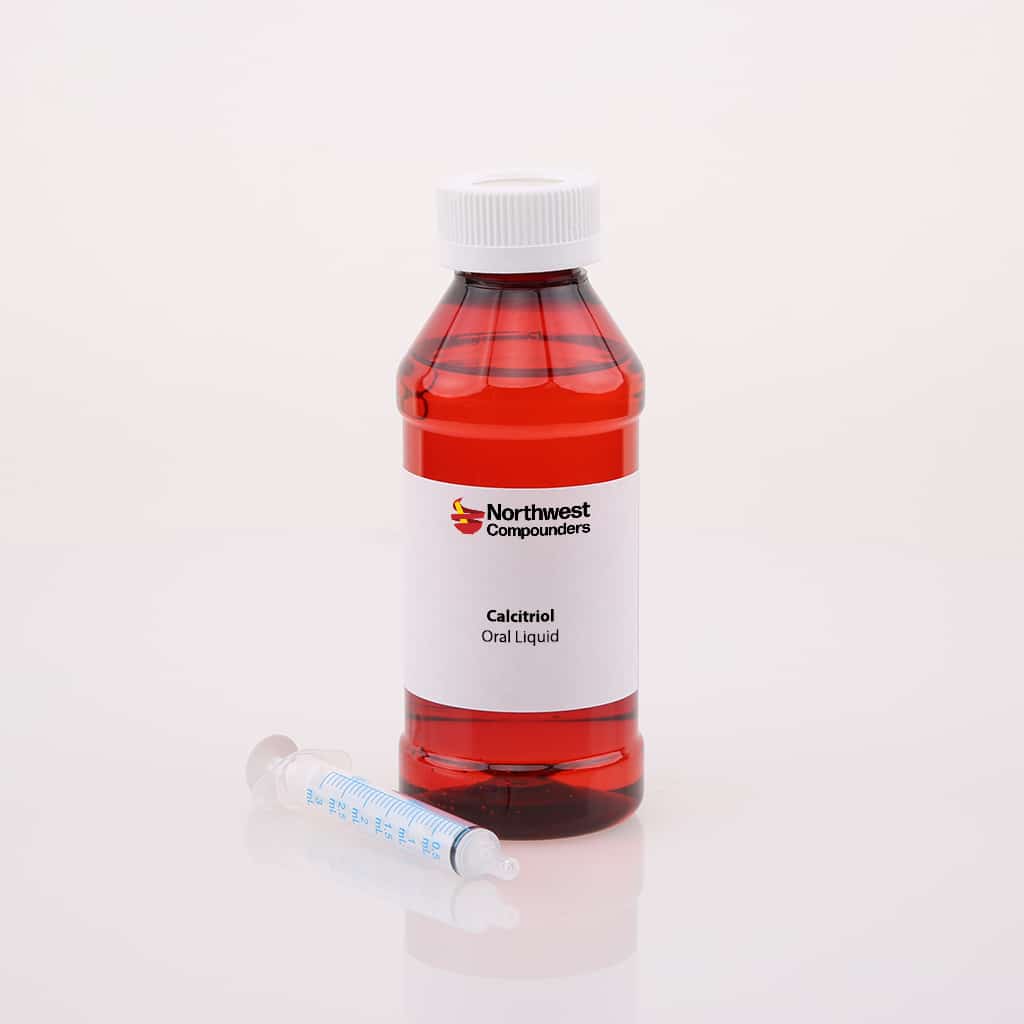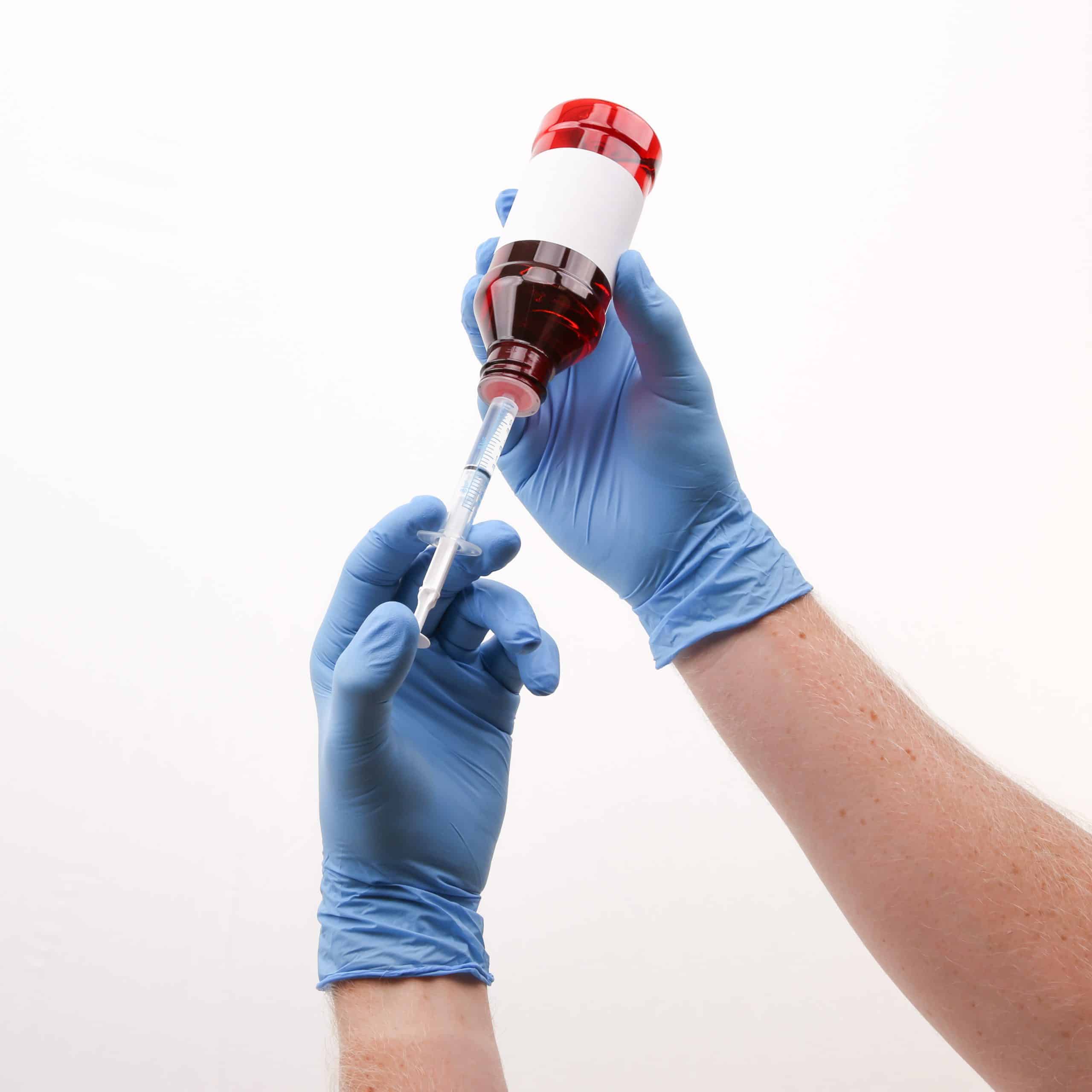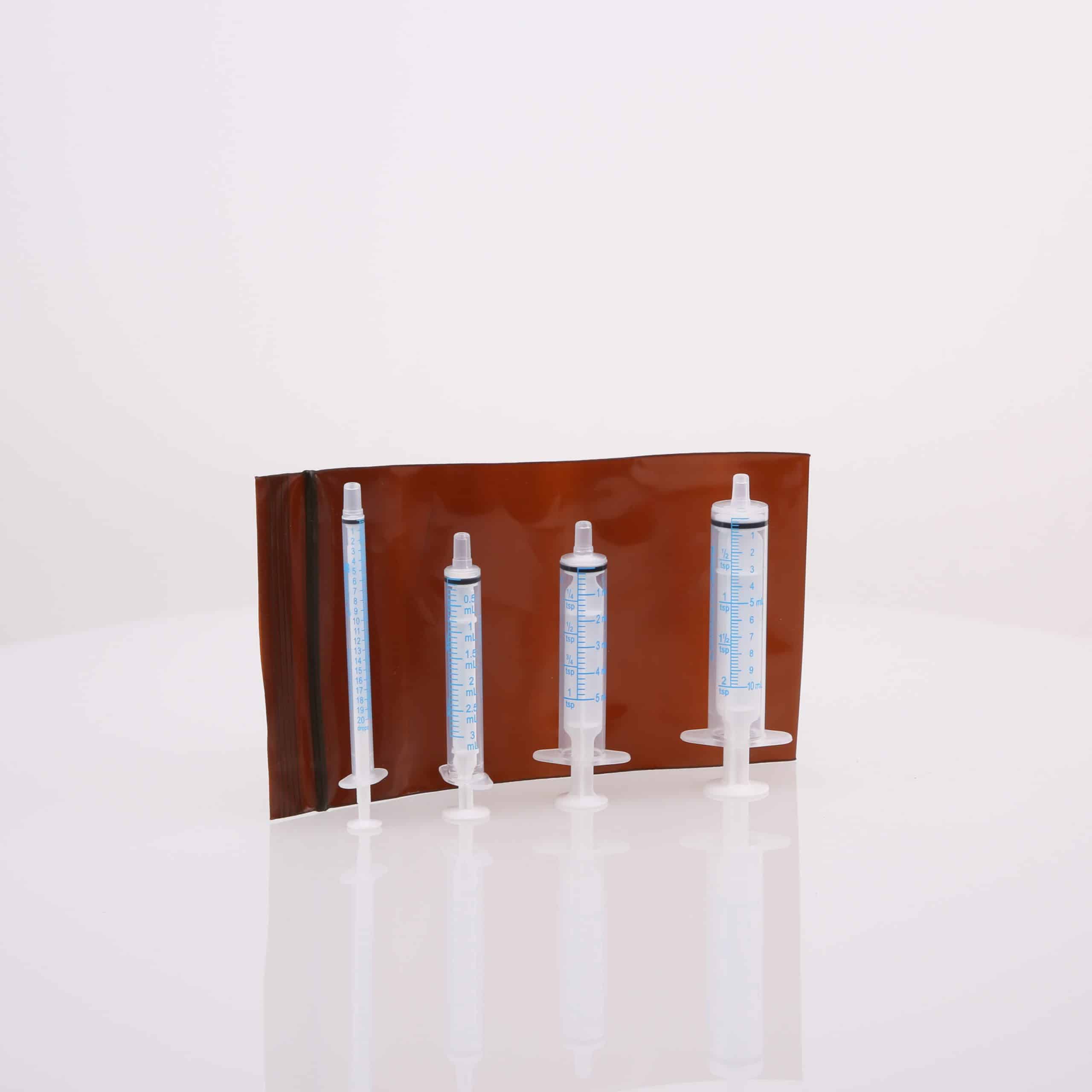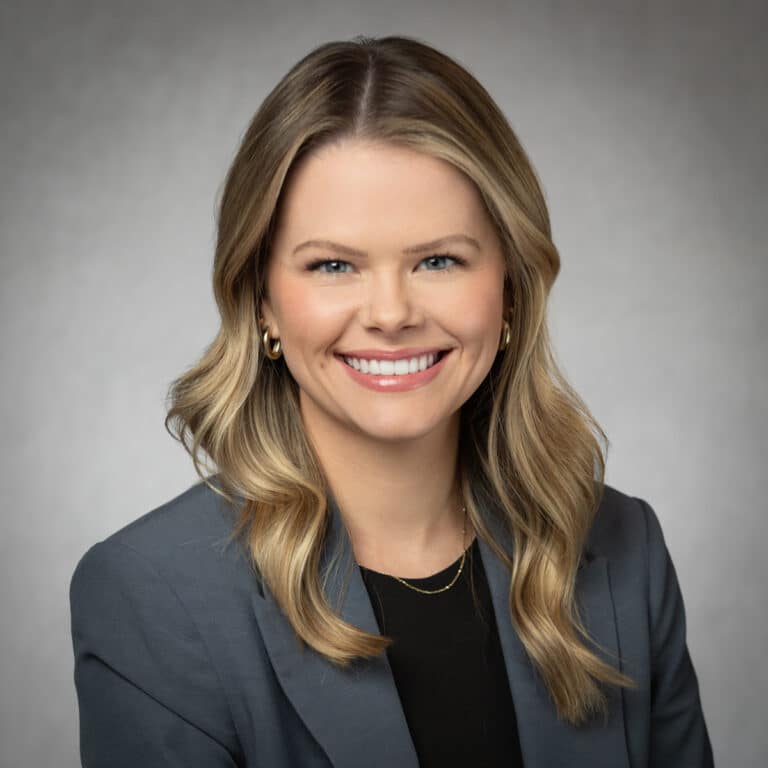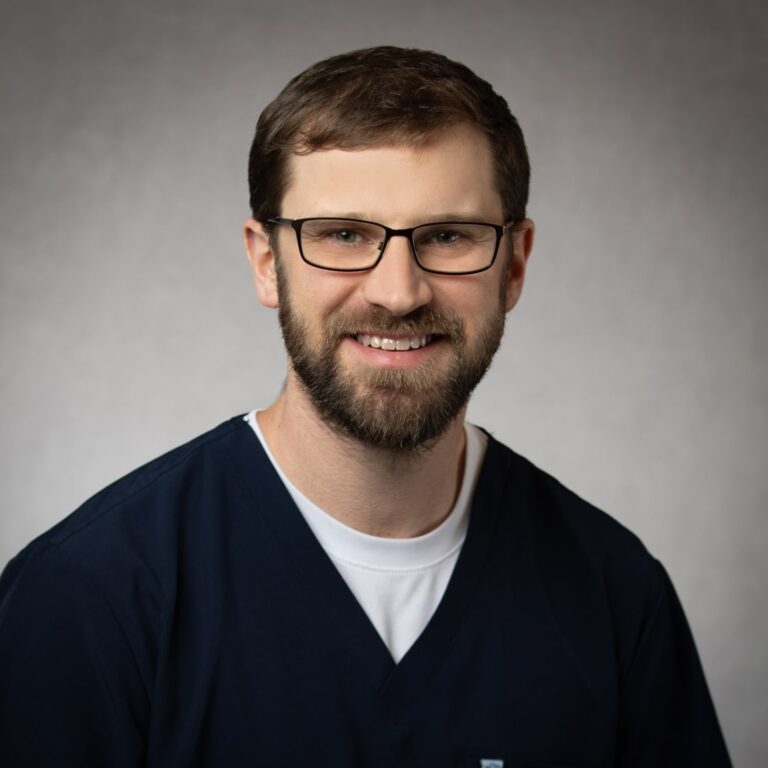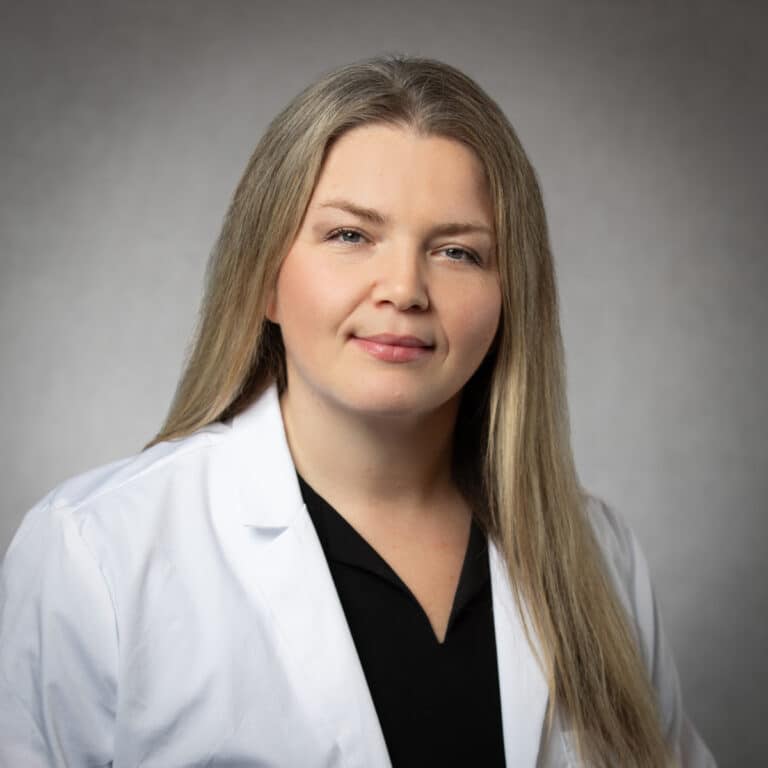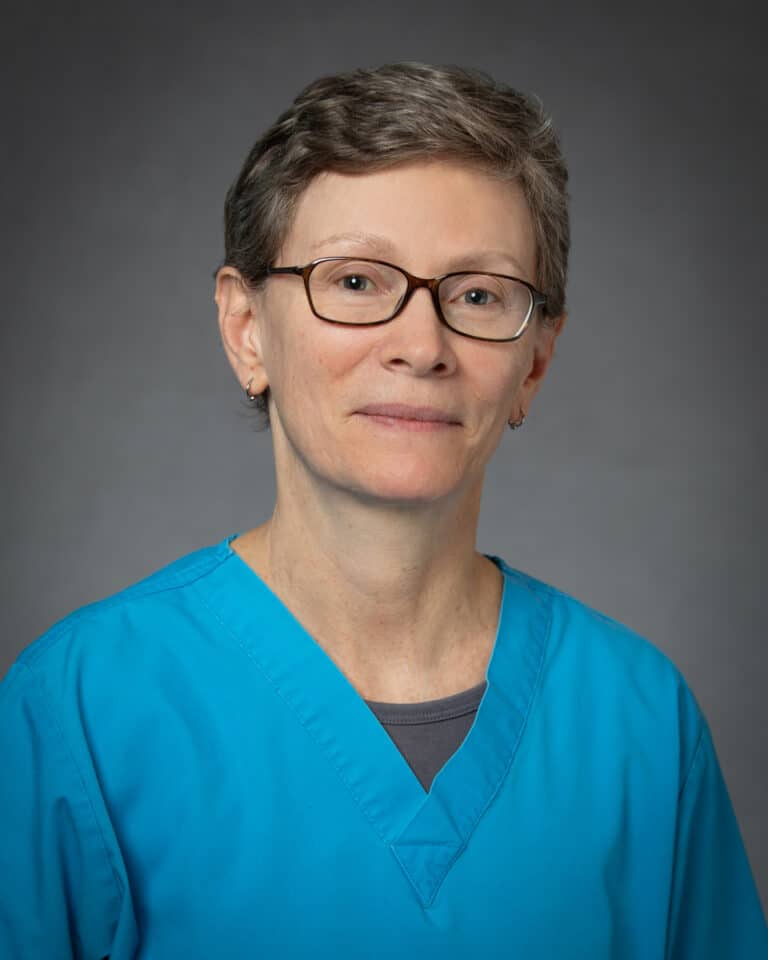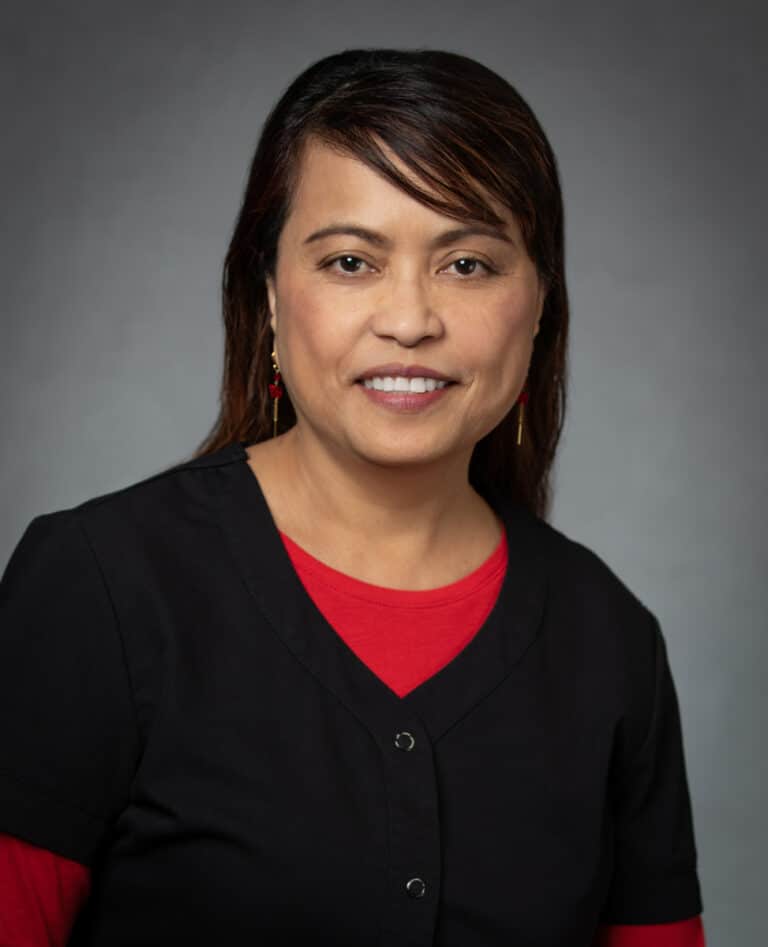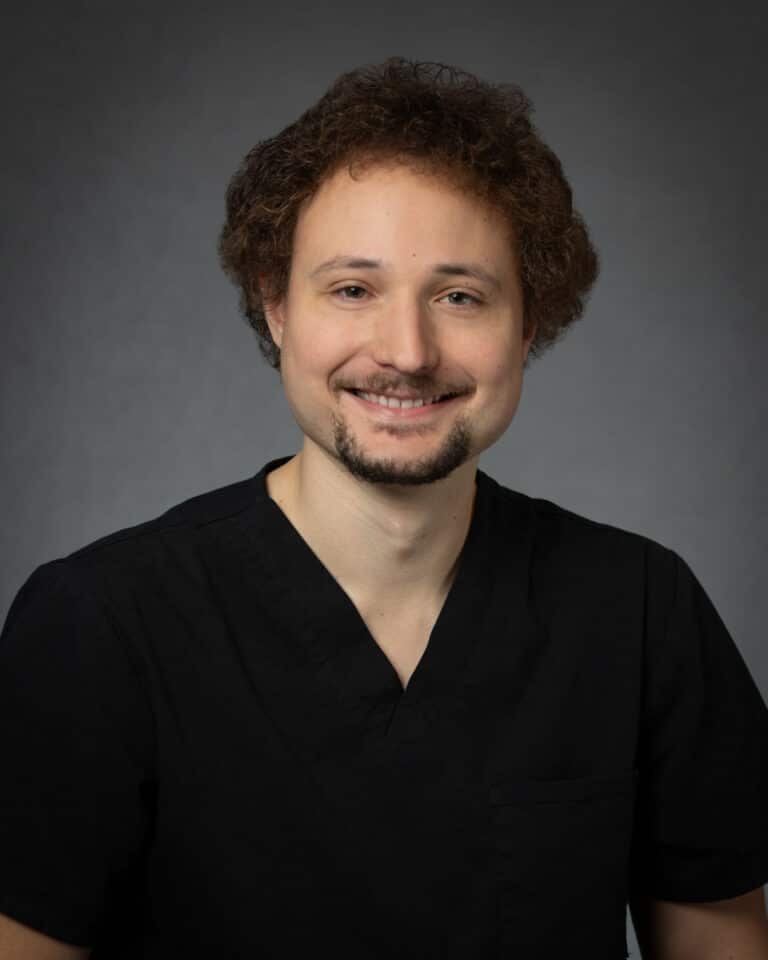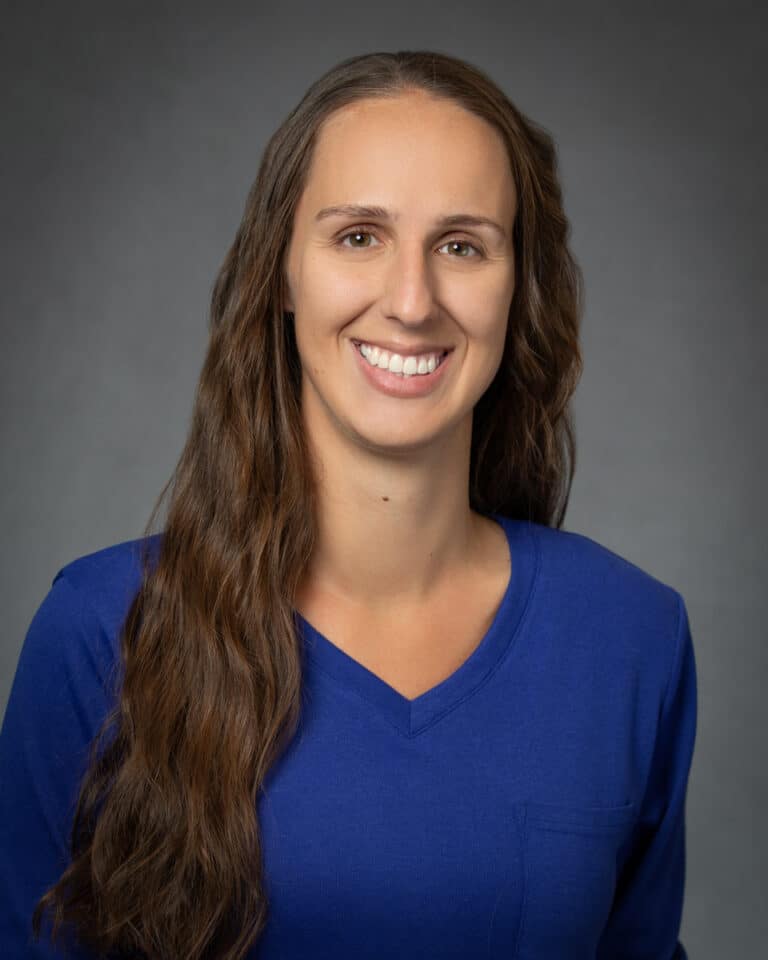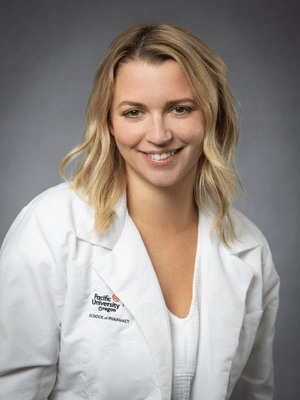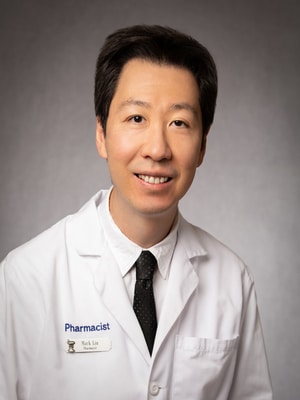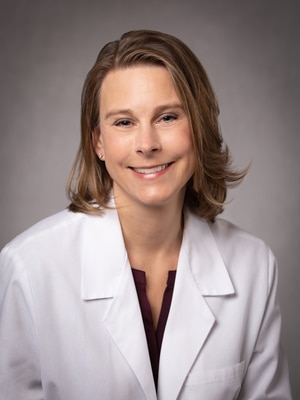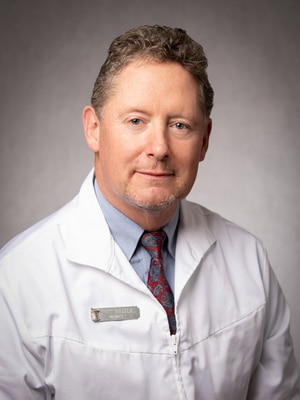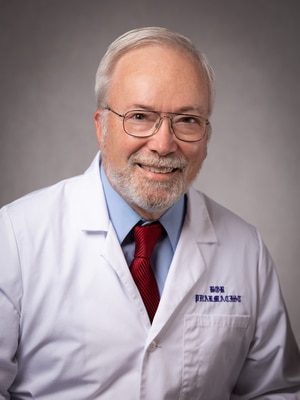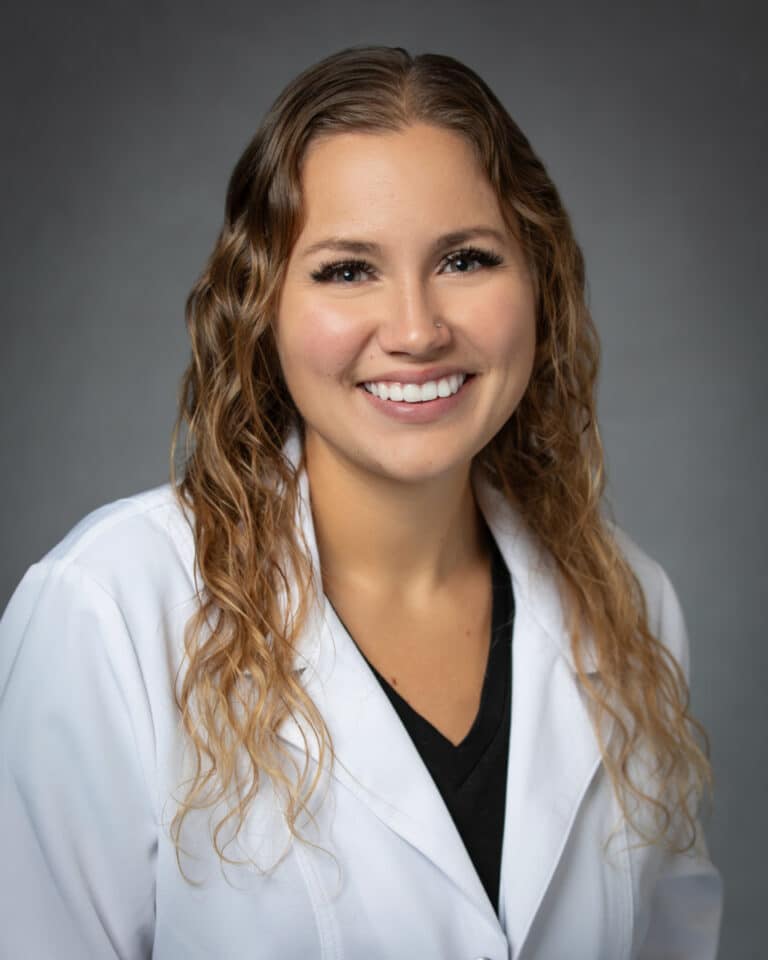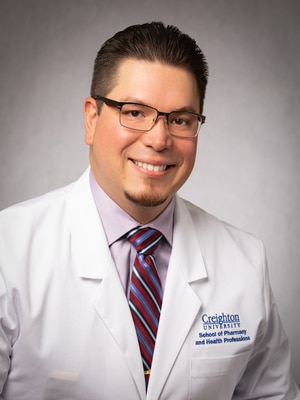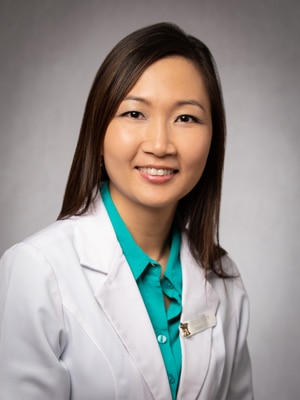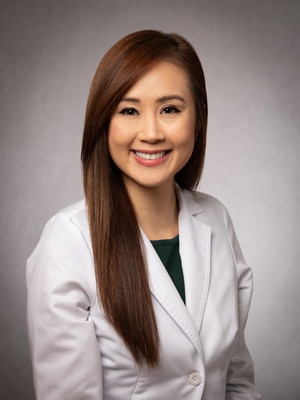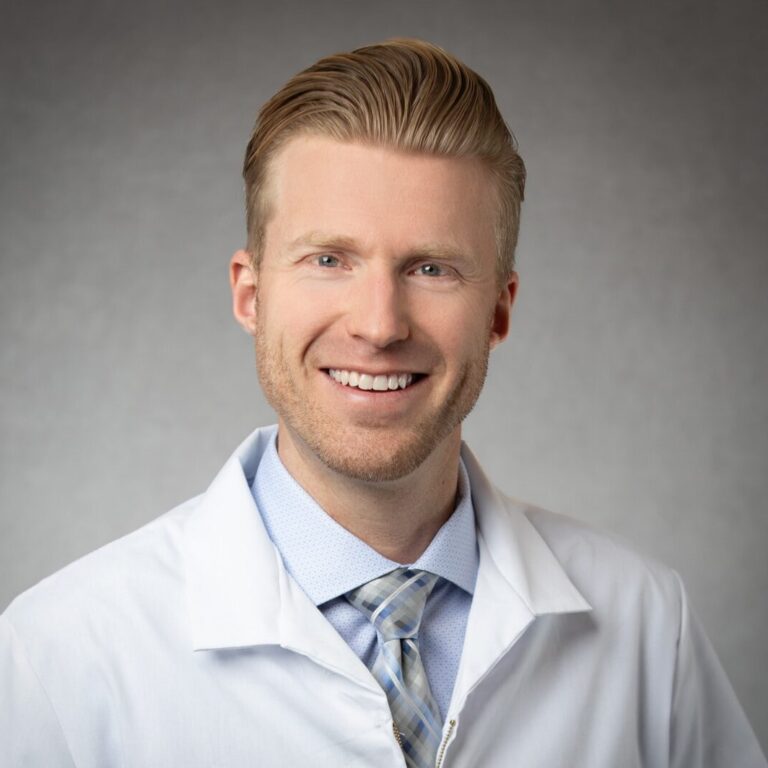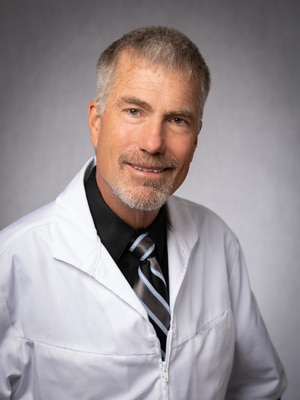How do I request a refill of my medication?
There are three ways to refill your prescription at Northwest Compounders:
- Call the pharmacy at 503-352-3811 and press “0” to speak with any staff member. We will be happy to assist you with your refill request.
- You may also call the pharmacy at 503-352-3811 and press “2” to leave a voicemail requesting a refill. We will call you when your order is complete to let you know that it is ready for pick up or that we are shipping it out (per patient preference).
- Finally, you can request a refill online.
Can my order be shipped?
Northwest Compounders offers free shipping on every order.
Can my order be shipped to me in a different state?
Northwest Compounders is currently licensed in and can ship medications to AK, AZ, CA, CO, FL, GA, HI, IA, ID, IL, IN, LA, ME, MI, MN, MO, MT, NC, ND, NE, NH, NM, NV, NY, OH, OR, PA, SC, SD, TX, UT, VT, WA, WI, and WY. Northwest Compounders has licenses pending approval in CT and RI, and will be able to ship into these states soon.
How long will it take for my order to arrive?
Please allow a period of 1 to 3 business days from the time it was ordered for your medication to be delivered. Orders placed at 4:30pm or later may take up to 4 business days to arrive in rare circumstances.
I left my medication out of the fridge accidentally, is it still okay to use?
Most of our liquid medications are stored refrigerated for flavor purposes only. If your bottle is labeled with an auxiliary label that says “may refrigerate,” refrigeration is not required for stability. If your bottle is labeled with an auxiliary label that says “refrigerate,” it is best to call the pharmacy at 503-352-3811 to confirm stability after a period of unrefrigerated storage.
What is the proper way to dispose of unwanted medication?
- Unwanted and unused drugs may be dropped at some police and sheriff stations.
- Unwanted medications may also be brought to a hazardous waste facility or collection event in your area.
- If you must dispose of the medication at home, the best way to do so is to fill a ziplock bag with kitty litter or coffee grounds and dump the medication into the ziplock bag. The ziplock bag containing the grounds/litter and medication can then be disposed of in your regular garbage.
- If you have non-expired medication that you no longer need, you may be able to donate it to a veterinary clinic. It is best to check with the clinic beforehand to see if they are able to accept your donation.
Is it possible to return an unused compounded medication for a refund?
Due to the custom-made nature of compounded medications, we are unable to accept returns and cannot offer refunds on medications once compounding has been performed.
